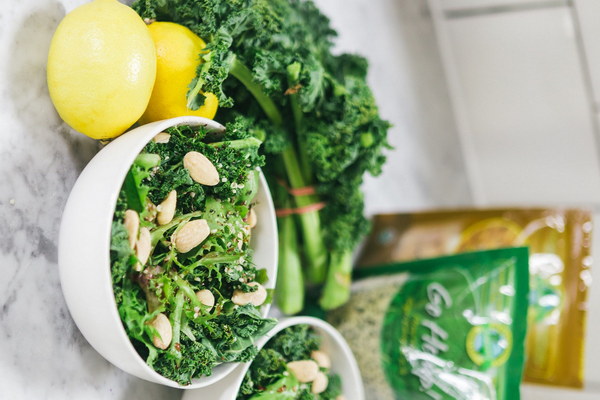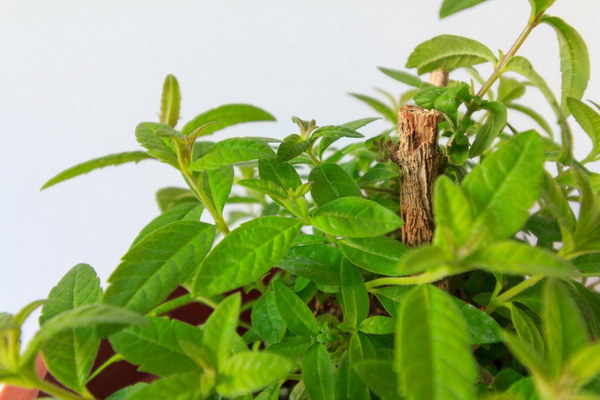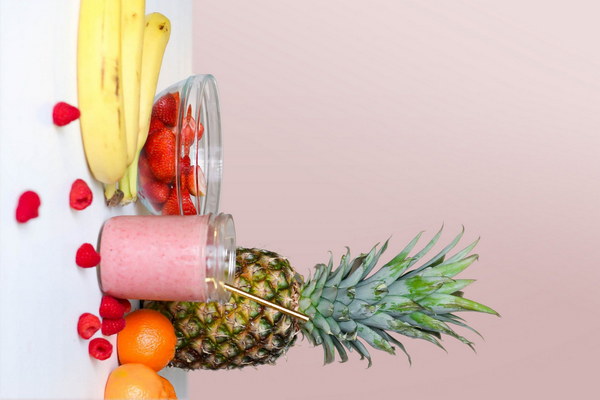Comprehensive Guide to Tonic Herbs for Childrens Spleen and Stomach Health A Visual Reference
In the realm of pediatric healthcare, the maintenance of a child's spleen and stomach health is of paramount importance. The spleen and stomach are vital organs in traditional Chinese medicine (TCM), responsible for digestion, nutrient absorption, and overall immune function. To support these crucial processes, parents often seek natural remedies that are gentle yet effective. This article presents a comprehensive guide to a visual reference of herbs that can aid in nurturing a child's spleen and stomach, as depicted in the Children's Spleen and Stomach Tonic Herbs Comprehensive Guide.

The spleen and stomach in TCM are considered the Center of Qi and the Source of Blood. They play a crucial role in the digestion and absorption of nutrients, which are essential for growth and development. When these organs are not functioning optimally, children may experience a range of issues, from poor appetite to weakened immune systems.
The Children's Spleen and Stomach Tonic Herbs Comprehensive Guide is a visual representation of various herbs that are commonly used in TCM to strengthen the spleen and stomach. Here is an overview of some key herbs featured in the guide:
1. Astragalus (Huang Qi): Known for its immune-boosting properties, Astragalus is often used to enhance the spleen's function and improve overall health.
2. Codonopsis (Dang Shen): This herb is renowned for its ability to invigorate the spleen and stomach, and is often used to treat fatigue and weakness in children.
3. Licorice Root (Gan Cao): A staple in TCM, Licorice Root is used to harmonize other herbs and soothe the stomach, making it a valuable addition to any formula.
4. Poria (Fu Ling): Poria is a mushroom-like herb that is believed to aid in draining dampness and resolving phlegm, which can be beneficial for children with water retention or respiratory issues.
5. White Peony Root (Bai Shao): This herb is used to nourish the blood and calm the mind, making it helpful for children with restlessness or irritability.
6. Glycyrrhiza (Shan Yao): Similar to Licorice Root, Shan Yao is used to harmonize the body's energies and soothe the stomach, supporting digestion.
7. Zizyphus Seed (Suan Zao Ren): Known for its calming effects, Zizyphus Seed is often used to treat anxiety and irritability in children.
The guide emphasizes that while these herbs can be beneficial, they should be used under the guidance of a qualified TCM practitioner. It is crucial to ensure that the dosage is appropriate for a child's age and weight, as well as to consider any potential interactions with other medications or health conditions.
In addition to herbal remedies, the guide also highlights the importance of dietary and lifestyle adjustments to support a child's spleen and stomach health. A balanced diet rich in whole grains, lean proteins, and fresh vegetables is essential. Regular physical activity, adequate rest, and stress management are also key components of a holistic approach to pediatric wellness.
The Children's Spleen and Stomach Tonic Herbs Comprehensive Guide serves as an invaluable resource for parents and healthcare providers alike. By understanding the properties and uses of these traditional herbs, one can make informed decisions about the best ways to support a child's health and well-being. Remember, the key to nurturing a child's spleen and stomach lies in a combination of herbal treatments, dietary choices, and a nurturing environment that fosters growth and development.









